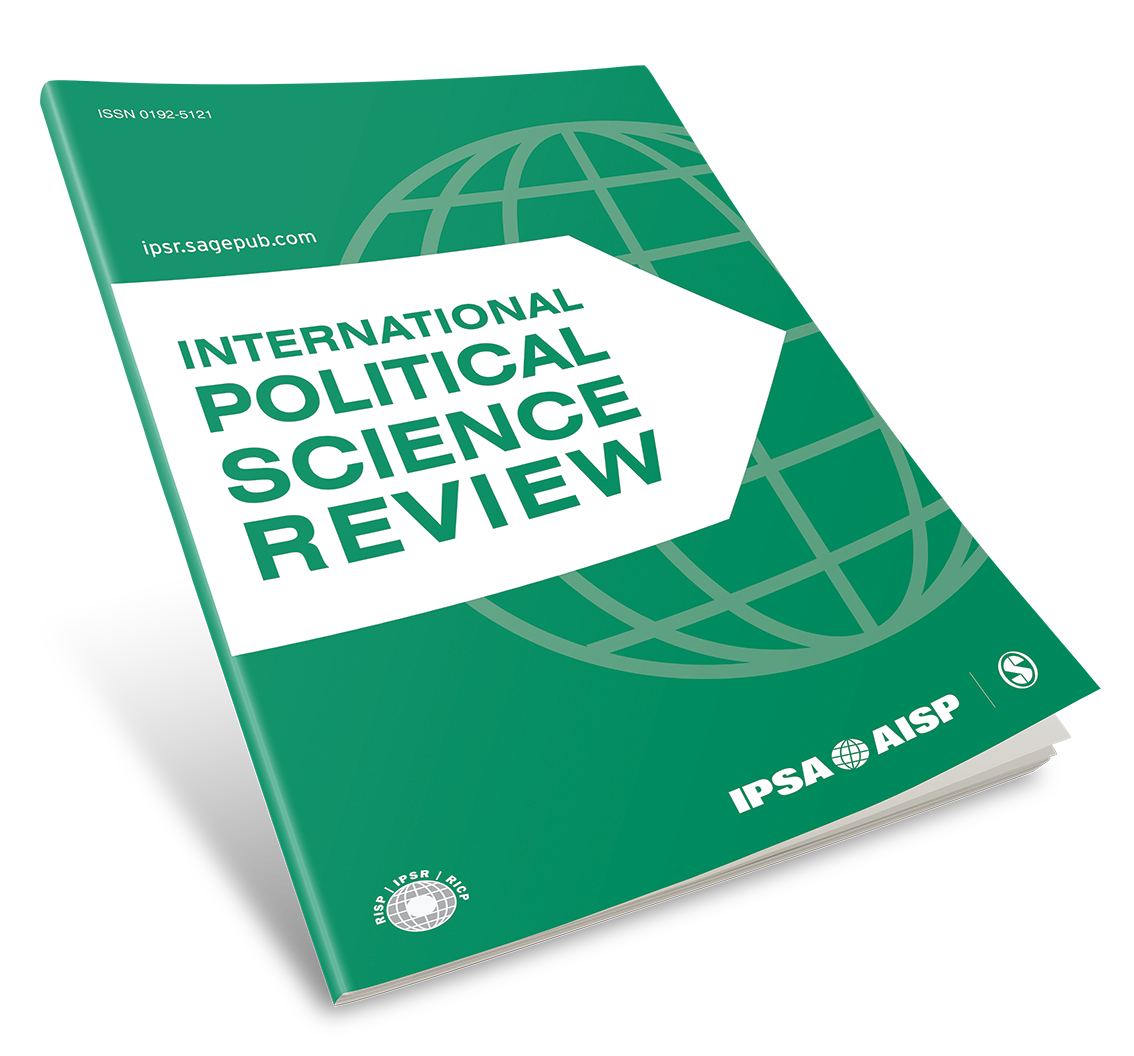

New IPSR Issue out Now: Spotlight on South America And Electoral Themes
Publication date: Fri, 09 Jun 2023
To coincide with the 2023 IPSA World Congress of Political Science in Buenos Aires, the International Political Science Review (IPSR) centered its latest issue (June 2023, Volume 44, Number 3) on South America, with a focus on electoral politics: Sendra and Llamazares ask whether populism is in reverse in Argentina; Put et al. consider campaign funding for incumbents in Columbia; Bonifácio and Botelho evaluate the extent to which an economic vote contributed to the electoral success of Hugo Chávez in Venezuela; and Mont’Alverne et al. focus on Brazil, exploring democratic attitudes among politically engaged citizens. Finally, Schultz and Levick examine multilateral treaty cooperation across Latin America.
The four further articles include research on gender in the European Parliament’s economic governance policies, bilateral aid, natural resource wealth, the informal economy, as well as domestic legal traditions and international cooperation. The issue concludes with a note of thanks to the IPSR reviewers in 2022. Across the discipline, it has become increasingly difficult to secure reviewers for manuscripts, and a special word of thanks goes out to our colleagues for their continued support of IPSR.
While IPSA members can access the current issue and the full IPSR archive dating back to 1980 through the “My IPSA” menu, the paywall on this issue will be lifted for the month of July to facilitate sharing of research with scholars across the world.
Original Research Articles
The reversal of populism. Assessing the explanatory power of the ideational approach in contemporary Argentina
Mariana Sendra and Iván Llamazares
Regional patterns of multilateral treaty cooperation: Is there a Latin American ‘commitment gap’?
Carsten-Andreas Schulz and Laura Levick
Class voting or economic voting? Electoral support for chavismo (1998–2015)
Robert Bonifácio and João Carlos Amoroso Botelho
Are politically engaged citizens more democratic? A glimpse from Brazil
Camila Mont’Alverne, Diego Moraes and Thaíse Kemer
Sources of campaign funding for incumbents versus challengers in list proportional representation systems: The case of Colombia
Gert-Jan Put, Bart Maddens and Gertjan Muyters
Multi-bilateral aid for disease control
Carie A Steele
‘It’s a total no-no’: The strategic silence about gender in the European Parliament’s economic governance policies
Anna Elomäki
Natural resource wealth and the informal economy
Robert G Blanton and Dursun Peksen
Domestic legal traditions and international cooperation: Insights from domestic and international qualification systems
Shintaro Hamanaka and Sufian Jusoh
Thank You to Reviewers











